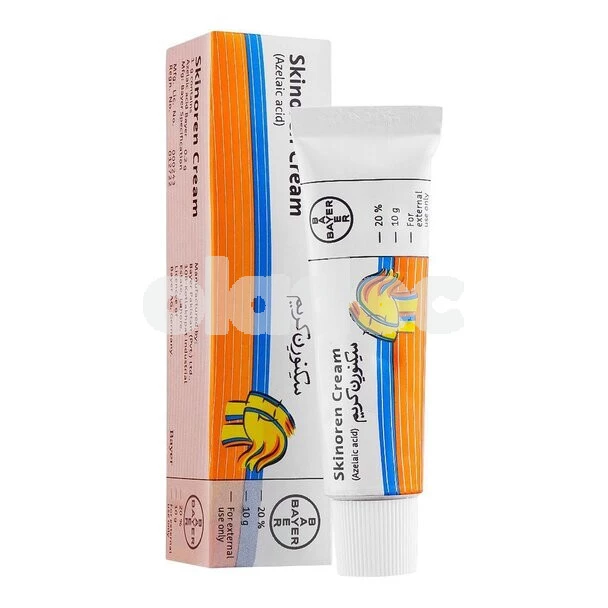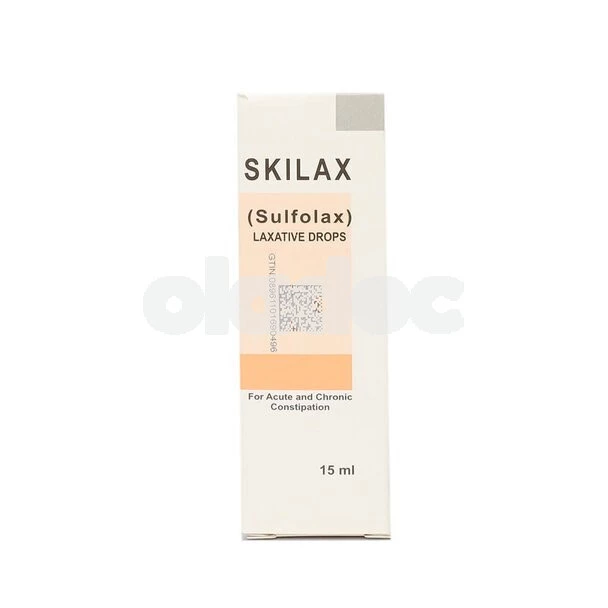The Whole30 is a 30 days diet that centers on the consumption of whole food and the avoidance of alcohol, grains, sugar, soy, legumes, and dairy. It is a lot like the paleo diet, but the participants are advised not to consume natural sweeteners such as maple syrup and honey. Adherents are allowed to eat fruits, vegetables, meat, seafood, nuts, and seeds. Participants are advised not to track their calorie intake or weigh themselves during the diet. After 30 days have passed, adherents are advised to reintroduce the banned foods into their diet to find out which foods they are allergic to. Dallas Hartwig and Melissa Hartwig, who founded the Whole30 diet, believe that dairy, sugar, grains, legumes, and alcohol negatively impact weight, stress, and energy levels.
Sugar Intake:
Sugar is not allowed during the Whole30 diet as it has no nutritional value and is pretty bad for health. It can also increase the chances of developing cardiovascular diseases. Sugar also negatively impacts metabolism. Added sugars, like high fructose corn syrup and sucrose, are high in calories and have no health benefits at all. Added sugar is also bad for the liver. Over consumption of sugar may also cause insulin resistance that can lead to metabolic syndrome and diabetes. Sugar can also lead to weight gain. Due to all these reasons, the consumption of sugar is not allowed during the Whole30 diet.
Say no to Alcohol:
Fruits and grains are fermented to make alcohol. It is very toxic and highly addictive. Consumption of alcohol meddles with the brain, disorientates you, decreases self-consciousness and makes a person susceptible to disruptive behavior. Alcohol intake can also lead to liver diseases and impair brain functions. In short, alcohol can be detrimental to health. That’s why it is strictly forbidden during the Whole30 diet.
Cut out the grains:
Although grains and legumes are generally healthy foods, the process of million often removes their nutritional content. Moreover, some people, such as those suffering from the celiac disease, are allergic to grains that contain gluten. By avoiding grains for 30 days, you can find out if you are allergic to it.
No more dairy!
Although dairy products are the best sources of calcium, most of us do not get fresh milk now. Milk is also full of growth hormones because cows are often milked while they are pregnant. That is why the consumption of dairy products such as milk, yogurt, cream, cheese, ice cream, and kefir is forbidden during the Whole30 diet.
Soy is the enemy too:
Some people believe soy to be a goitrogenic food that can suppress thyroid function. It also has phytates which prevent mineral absorption. That’s why soy is prohibited too.
The Whole30 diet was dubbed as a fad diet by many. The U.S. News & World Report ranked it as the worst diet in its annual ranking. This is because the participants may end up over eating meat, which is not healthy. Moreover, the diet also bans healthy food groups such as grains, legumes, and dairy. The diet is low in sodium and calcium and high in cholesterol. It could be potentially harmful to deprive the body of vital nutrients for a month.
If you want to embark on a diet, consult your dietitian first. You can find and book an appointment with top Dietitians in Islamabad, Karachi and Multan through oladoc.com. You can also call our helpline at 042-3890-0939 for assistance to find the RIGHT Doctor for your health concerns.






